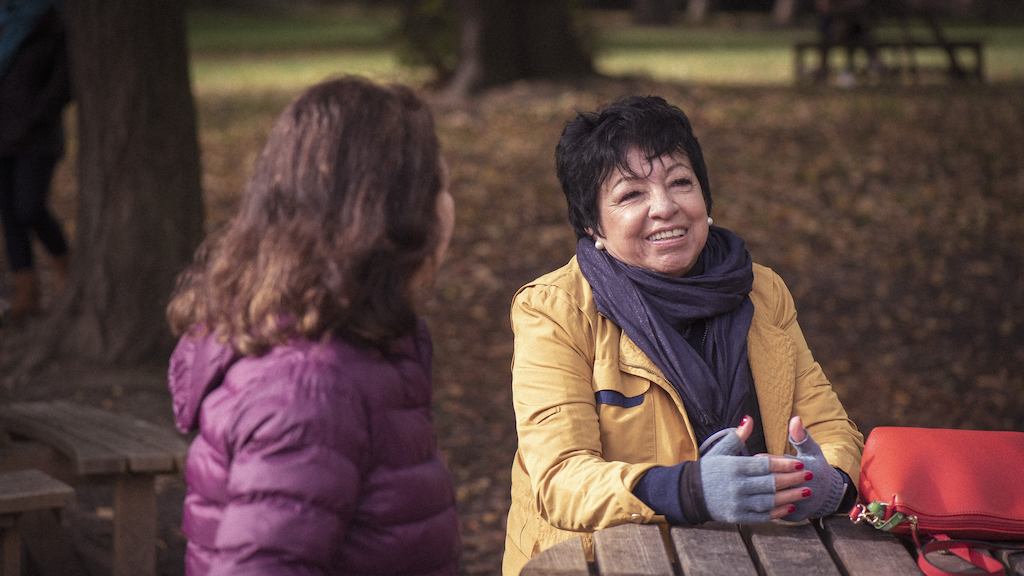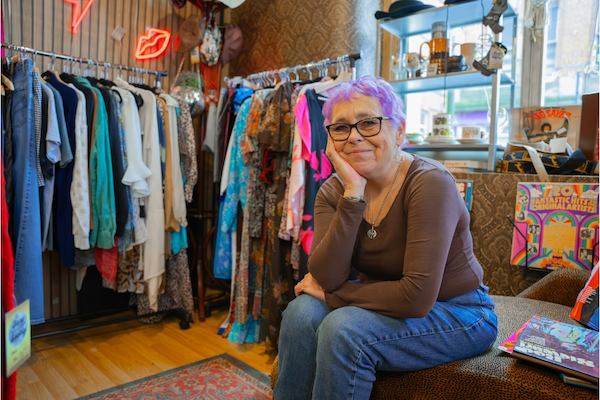The Body Shop’s move away from ageist marketing is commendable but it must be part of a broader shift across the beauty industry. Instead of profiting from harmful stereotypes of ageing, this sector must play its part in transforming how ageing and older age is seen across society.
Ageing Better’s ‘Reframing ageing’ report found that 46% of people expect physical decline in old age, with less than half of respondents holding positive views towards ageing. Research we conducted alongside Ipsos MORI found that over a quarter of people feel that advertising plays a part in producing these negative perceptions of getting older. It's therefore imperative that companies’ reliance on ‘anti-ageing’ narratives to sell their products is resigned to the dustbin.
Ageism is experienced more acutely by women as it intersects with their experiences of sexism. If we change how beauty products targeted at women are advertised, then we can help older women experiencing the force of these pervasive prejudices to feel valued and respected.
Given that research has suggested people with more positive attitudes to ageing could have on average a 7.5 years longer life expectancy than those perceiving ageing more negatively, moving away from harmful anti-ageing marketing could also have huge benefits on our mental and physical health. The pressures faced by older women to use anti-ageing products can lead to poor body image and self-satisfaction. The beauty industry has a real chance to alleviate these pressures by changing its selling tactics.
There are signs that beauty brands are beginning to realise the importance of using language that accurately reflects people’s diverse experiences of ageing, though it's still very much the exception to the rule. For example, Dove advocates for allowing women to “age beautifully on their own terms” – their #KeepTheGrey campaign takes a stand against ageist expectations and double standards in the workplace for women with grey hair.
Dove’s campaign was launched in response to the outcry surrounding the replacement in the US of Lisa LaFlamme, a long-standing, award-winning news broadcaster on Canadian TV, with a younger male. Executives at CTV, where LaFlamme had worked for 35 years, had reportedly asked who had approved the news anchor’s decision to let her hair go grey in the run-up to her dismissal, which sparked a global debate on ageism and sexism in the media.
Ultimately, the Body Shop’s newly adopted messaging must become the norm, not the outlier, in shifting away from ageist advertising of beauty products. And not just because it is morally the right thing to do but because it also makes business sense. With over 50s being expected to spend £550 billion a year by 2040 (ILC UK, 2019), moving beyond the tired trope of ‘ageing as decline’ will help companies tap into this potentially lucrative market.


